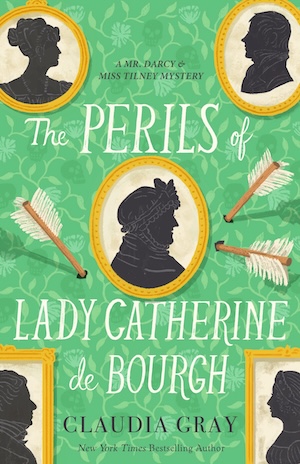
About the Book
-
Author:
- Claudia Gray
Cover Story: That’s Not Cupid’s Arrow
BFF Charm: Mixed Bag
Talky Talk: Austenesque
Bonus Factors: Family, Loyalty
Anti-Bonus Factor: Ableism
Relationship Status: No Friends Like Old Friends
Cover Story: That’s Not Cupid’s Arrow
The arrow sticking out from a wall hung with Regency-style silhouette portraits sums up the story pretty well.
The Deal:
Lady Catherine de Bourgh does not approve of her great-nephew, Jonathan Darcy, working as an amateur detective. After surviving no less than three attempts to kill her, however, she sees no option but to summon Jonathan to Rosings Park along with his detective partner, Juliet Tilney. Jonathan and Juliet are happy to work together again, even if it means dealing with the most overbearing old lady in the history of English literature, but with Mr. Darcy and the Rev. Mr. Tilney along as chaperones (each determined to protect his child from the “bad influence” of the other), it’s not easy for the teenagers to investigate, let alone do anything else. As for Lady Catherine, all the people with the most reasons to resent her – her daughter Anne, Colonel Fitzwilliam, the Collinses, the servants – are also the people who depend on her the most. What does it take for lifelong devotion to boil over into hate?
BFF Charm: Mixed Bag
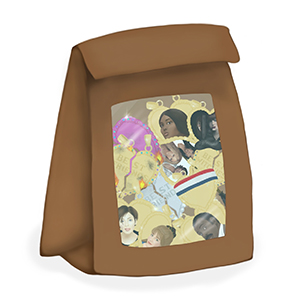
Jonathan and Juliet are as quirky as ever. Juliet’s self-taught criminology studies include stabbing meat with different knives, to the bewilderment of Northanger Abbey’s cook. Jonathan has gotten into Sir Walter Scott’s novels on Juliet’s recommendation and now has to make an effort to talk about them “no more than appropriate”. (I know exactly how that feels.) The Austen legacy characters are pitch-perfect as usual, allowing for the difference in genre. Having a murderer after her is one of the few circumstances where Lady Catherine’s personality is an advantage, since sheer stubbornness seems to be keeping her alive. As for Mr. Collins, he named his daughter Catherine and his son De Bourgh, which is the most perfectly in-character choice anyone could imagine. (Poor kids!)
Swoonworthy Scale: 5
Thanks to disapproving families, trauma from their previous cases, and Jonathan’s severe lack of confidence, his and Juliet’s ship is still becalmed. Most of the swoon actually comes from an unexpected source: Anne de Bourgh and Colonel Fitzwilliam. They married for convenience – he needed a rich wife, and she literally had no other options – but having a son together, not to mention suffering for years under Lady Catherine, has made them care deeply about each other even when they have trouble showing it. Mr. Darcy says it best when describing his own marriage to Elizabeth: “sincere repair” is the truest sign of a happy relationship.
Talky Talk: Austenesque
Gray still has Austen’s narrator voice down, and all the other characters’ voices as well. Lady Catherine’s scenes must have been fun to write, because no one does melodrama like she does: “Was ever Egypt thus plagued?” (If you ever read the Bible, my lady, you’d find it actually was.)
Bonus Factor: Family

I couldn’t decide whether to describe the extended Collins-Bennett-Darcy-de Bourgh family as “awesome” or “awful.” It’s a mark of the quality of Austen’s and Gray’s writing that they have elements of both. Every parent in this story only wants to protect their children, even if their methods – Lady Catherine’s control of Anne, Mr. Darcy’s and Mr. Tilney’s mutual distrust, the Collinses covering for their son’s misbehaviors – often get it wrong.
Bonus Factor: Loyalty

Lady Catherine’s family and servants do their best for her, no matter how obnoxious she can be. The trouble for Jonathan and Juliet is trying to figure out whose loyalty is real and who’s only pretending.
Anti-Bonus Factor: Ableism

Jonathan is learning to mask the traits we’d call autistic; he calls it “drawing the curtain”. Pretending bright lights and noisy crowds don’t overwhelm him is a “torment”, but the poor guy feels he owes it to Juliet – even though Juliet was the first person besides his parents to ever accept him the way he is. Another character is revealed to have “the falling sickness” (epilepsy), which their entire family has been keeping secret for fear of their child being shunned.
Relationship Status: No Friends Like Old Friends
Elizabeth Darcy’s and Charlotte Collins’ friendship may have become strained over the years, but they never give up on each other. All the Austen characters feel like old friends to me (even the ones I’d find insufferable in real life) and every time I see them again, I find something new to appreciate.
Literary Matchmaking
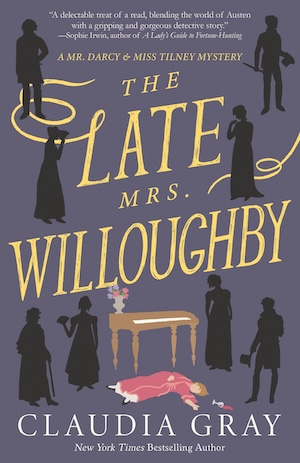
Gray’s The Late Mrs. Willoughby is this novel’s direct prequel.
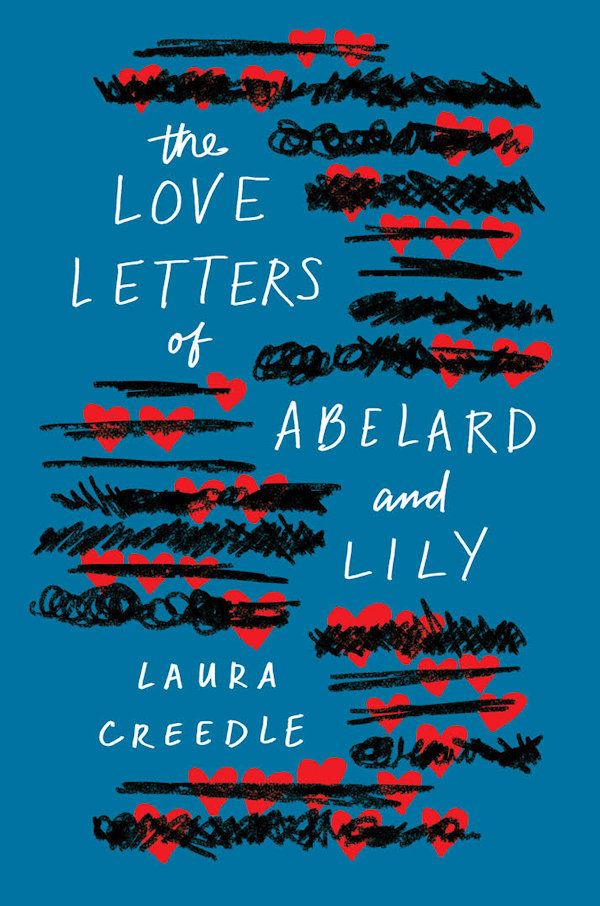
Laura Creedle’s The Love Letters of Abelard and Lily also features young man with autism falling in love.
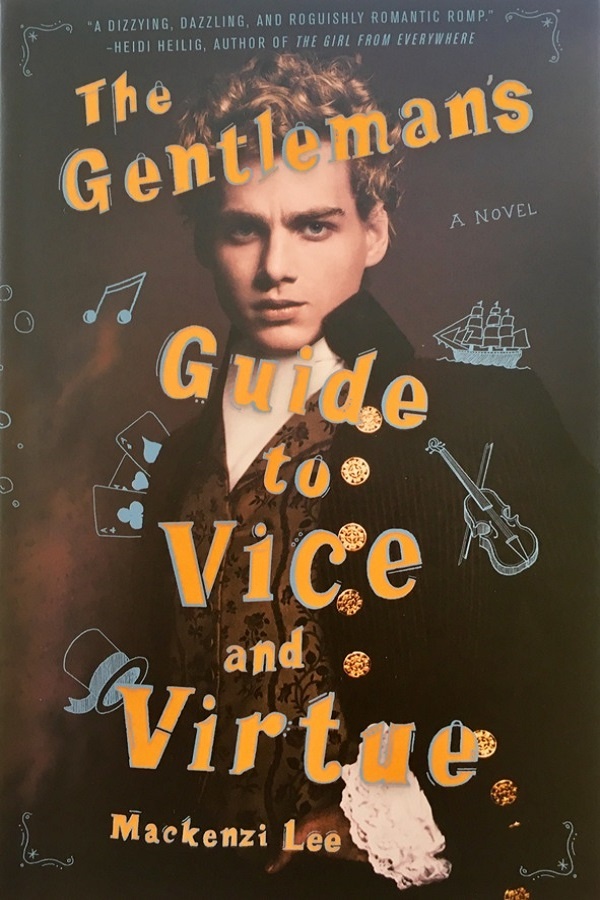
Mackenzi Lee’s The Gentleman’s Guide to Vice and Virtue also offers a historical perspective on living with a disability.
FTC Full Disclosure: I received no compensation for this review.
Ooh, I didn’t realize a third book it out! I really enjoyed the first two (especially book 2, since in book 1 I didn’t want anyone caught or punished for murdering Wickham). This one sounds super fun.